More about Solid surface & Quartz
MORE ABOUT MATERIALS
WHERE SOLID SURFACE AND QUARTZ ARE USED
Cast stone is completely unafraid of moisture and UV rays, making it the perfect finish even for outdoor facades. Robust and resistant to damage in high traffic areas in public spaces. Hygienic, sterile and clean, making it highly suitable for healthcare facilities. Non-staining, easy to clean and maintain and therefore appreciated in the hotel business. Practical and creating a design impression for cafes and restaurants. Variety of textures and luxurious resistance for offices and showrooms.
WHAT MAKES ARTIFICIAL STONE ATTRACTIVE
Architects and designers favor artificial stone for its vast color options, seamless joints, resistance to temperature changes, light permeability, and compatibility with various materials. Manufacturers appreciate its ease of use, safety, high quality, and uniform thickness. For users, cast stone stands out due to its wear, stain, and water resistance, along with being easy to maintain and renovate
CHOICE OF COLOURS
As the number of manufacturers of solid surface has grown and its popularity as an extremely durable finishing material has increased, so has the choice of colours available to buyers. Today, if you add up all the major producers, you will find over 400 shades, patterns and textures of cast stone. So there is a lot to choose from. Meanwhile, the most common hard mineral on Earth, quartz, has up to 12 different varieties and around 200 colours and patterns across all manufacturers.
LET'S GET IN TOUCH TO DISCUSS WHAT WE CAN OFFER YOU
Deluxe Line will offer you a wide range of solid surface, quartz, natural stone and a variety of products made from these raw materials. You will find kitchen worktops, islands, sinks, bathroom vanities, wall cladding, interior fittings, window sills, shelves, and tables. Our craftsmen have 10 years of experience. Our products are enjoyed by private individuals, institutions, hotels, bars, restaurants, ship and yacht owners. We not only design, but also implement at the highest level.
THE HISTORY OF CAST STONE
Donald Slocum, an American chemist for DuPont, is considered the inventor of cast stone. His name appears on a patent issued in 1968, and the cast stone he invented was trademarked as Corian. Three years later, the product was launched. After the patent expired, a number of competitors for cast stone emerged around the world, and the product itself was popularly known as cast stone. Thus, solid surface has been known to customers for more than 50 years.
HOW QUARTZ STONE IS MADE
One of the hardest surfaces used in interiors is quartz stone. It is made from quartz dust ground into flour and a few percent of additional resins and pigments added. The finished mixture is compressed using a vibrocompressor. Once the air is removed from the mass, it is cast, heated, shaped and pressed. The result is a quartz stone slab that is completely free of pores. The slab, once cured, is then polished smooth. This results in a hard stone.
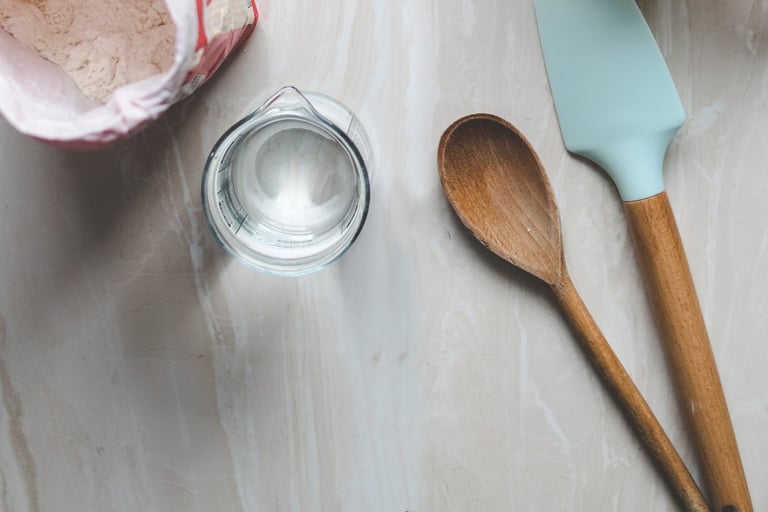

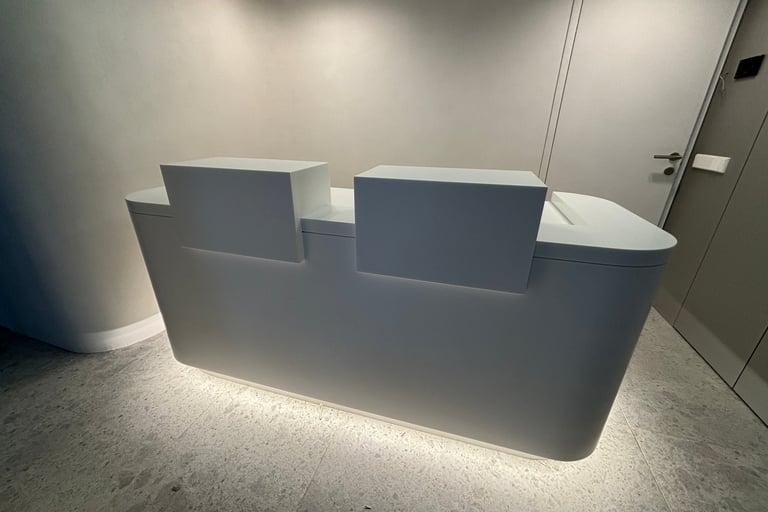



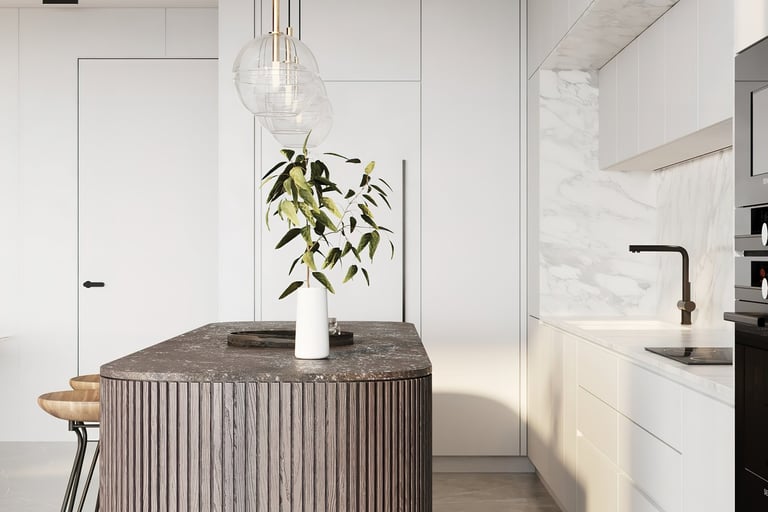

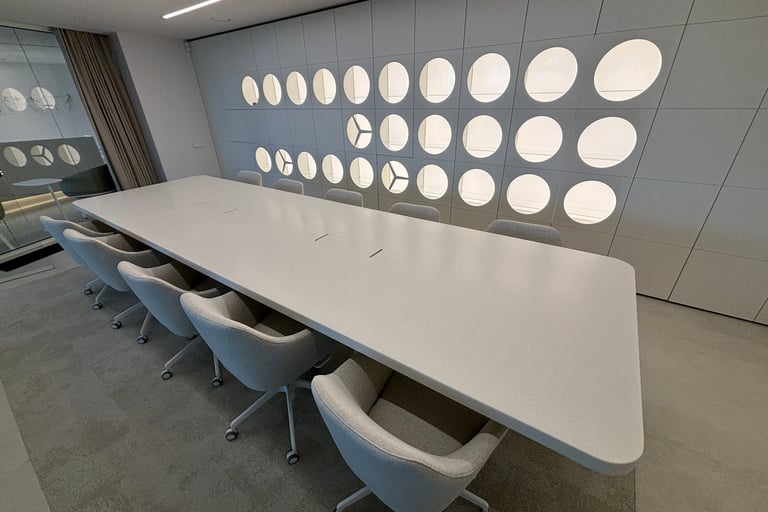

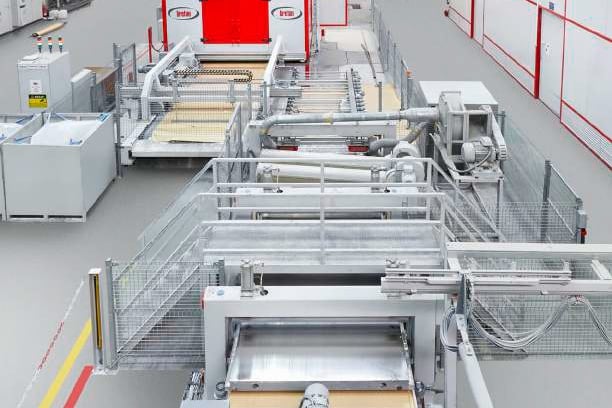

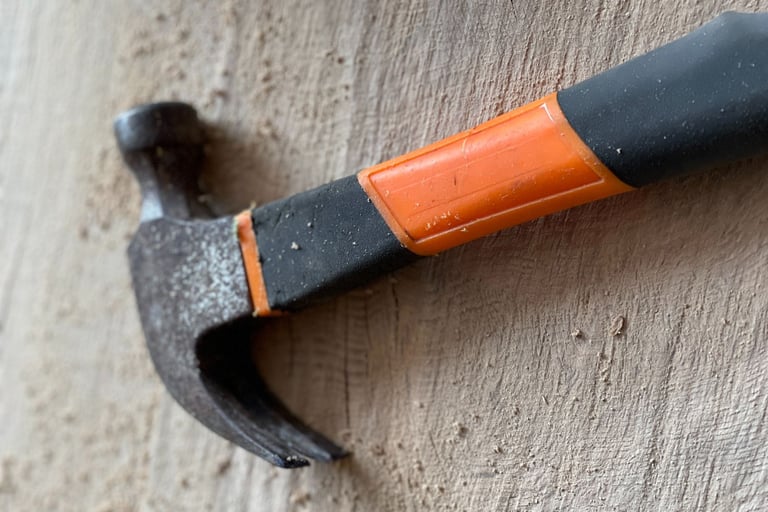

WHICH IS HARDER - SOLID SURFACE OR QUARTZ?
Quartz is one of the hardest surface coating products the market has to offer. On the MOHS hardness scale, quartz is a 7, while the hardest known material, diamond, is 10. It is safe to say that when you choose quartz, you will have a product that lasts forever. Cast stone is slightly softer and its surface can be damaged more easily than quartz. However, this is where we find the key advantage of cast stone - it can be easily and quickly renewed with simple operations.
HOW CAST STONE AND QUARTZ ARE PROCESSED
Cast stone is easily worked using special techniques and tools. Its most interesting characteristic is not only its hardness but also its flexibility. Cast stone can be bent by mechanisms and can be shaped into various forms which are joined by seamless joints. Quartz is much harder and tougher than cast stone, making it more difficult to machine. Quartz is worked by wet processing using water. Despite these differences in processing, both materials are durable and resistant.
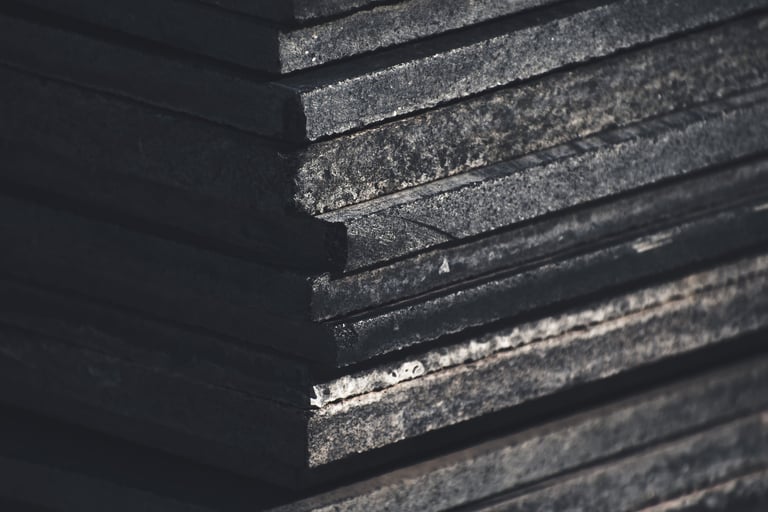

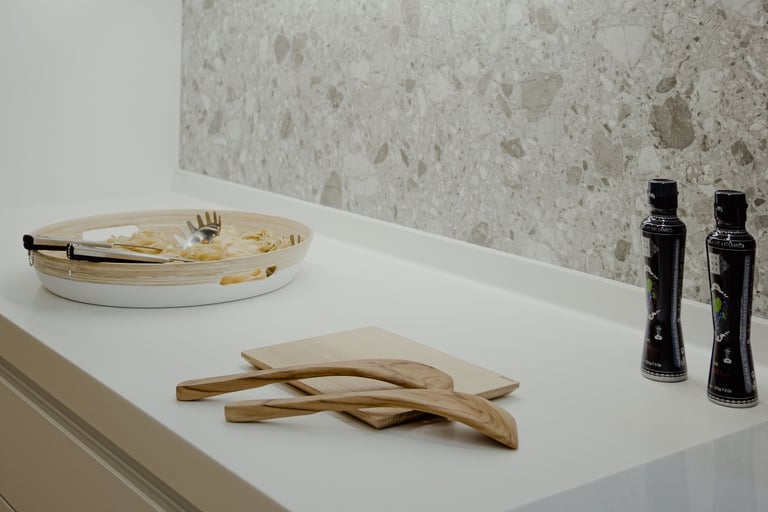

WHEN SHOULD YOU CHOOSE SOLID SURFACE, AND WHEN IS QUARTZ THE BETTER OPTION?
Solid surface offers a broad selection of colors, patterns, and textures, making it a favorite among interior designers and architects. Its seamless joints, versatility, and affordability make it ideal for sinks and washbasins. Quartz, on the other hand, is a more premium choice—luxurious, durable, and natural—suitable for those seeking a long-lasting, high-end material
